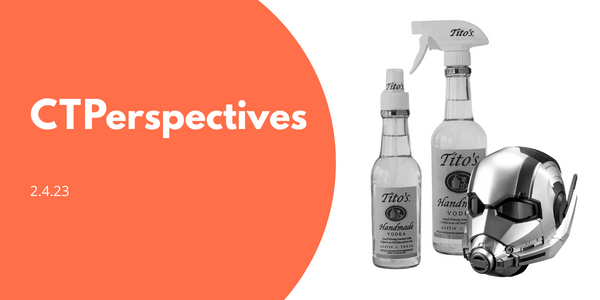The day after Derek Jeter homered to become the first New York Yankee to record 3,000 hits, a couple of sports talk radio hosts and callers were ridiculing Christian Lopez, the fan who caught the ball. He was “an idiot” because he was going to give the ball to Jeter for, essentially, a pair of tickets and an autograph. Callers said he should be holding the ball hostage or selling it on eBay. Their rationale: the players make millions and have no regard for the average fan. Why not cash in?
But many applauded the selfless gesture of a true fan, and marketers who are on top of their game capitalized. They recognized this was a great story to be associated with and many found creative ways to “honor” the gesture. In reality, the companies who were publicly patting Lopez on the back were doing so to gain attention for their brands and associate with a good story. Within reason, that’s ok. At least they were gifting him something of value, including helping with any tax troubles associated with the gifts.
But others have missed part of the formula. Some companies think any high profile news is a good way to promote your brand. Often, they seize on social media as the vehicle to drive traffic and followers, capitalizing on the trending topic. Sure, you may get attention and Twitter followers but you will receive quite a bit of scorn and a dent to your brand’s reputation. Kenneth Cole thought it was being cute when it connected to the Egyptian uprising earlier this spring. They quickly found out that making fun of a violent revolution in which hundreds were killed is not smart. And last week Entenmann’s bakery claimed it was unintentional when it used the #NotGuilty hashtag on the day Casey Anthony was found not guilty by a mindless jury.
For those nimble and creative enough to capitalize, opportunities to associate your brand with a cause or a current event can be smart extensions of your PR or marketing formula. As long as you apply a healthy dose of sensitivity and common sense.





